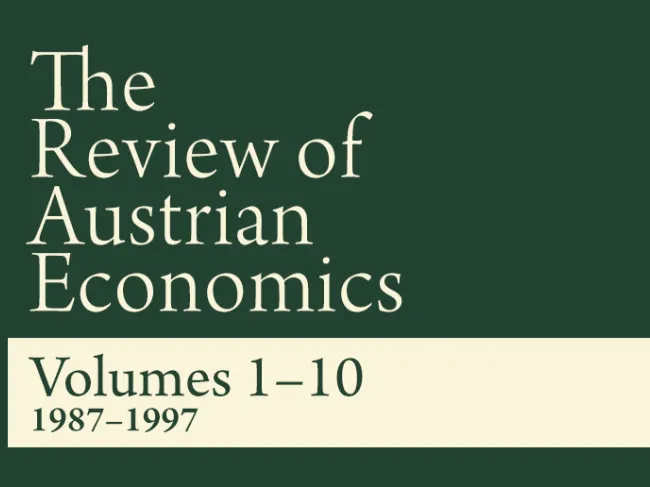Banks under a free-banking system, like banks with fractional reserves under any other system, are susceptible to runs. Free-banking theorists maintain that the option clause would be one effective means of dealing with runs on banks. The option clause, printed on banknotes, would allow banks to defer redemption of their notes provided they pay interest for the period of deferment. The clause would enable banks to protect their liquidity in the face of an unexpected increase in demands for redemption, and allow them time to adjust their portfolios. To make the clause notes acceptable to the public, banks would likely promise to pay interest at a rate higher than the market rate for the period of deferment. This penalty rate would dissuade banks from misusing the option clause. The clause therefore could serve as a crucial stabilizing mechanism for a free-banking system.
The Option Clause in Free-Banking Theory and History: A Reappraisal

Downloads
All Rights Reserved ©

